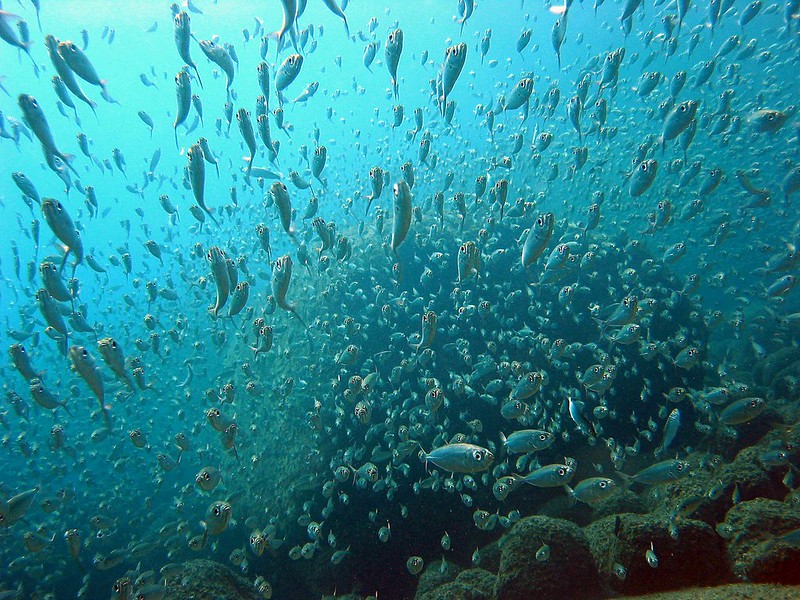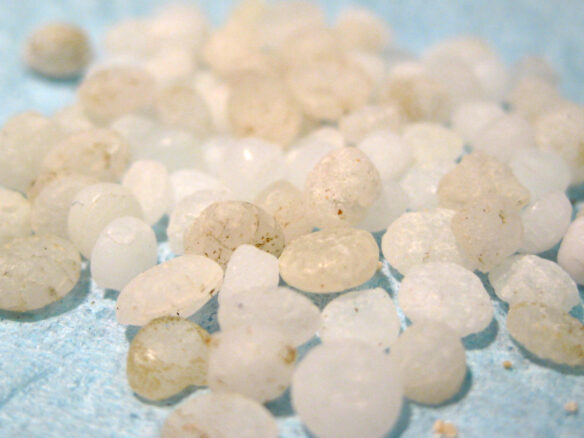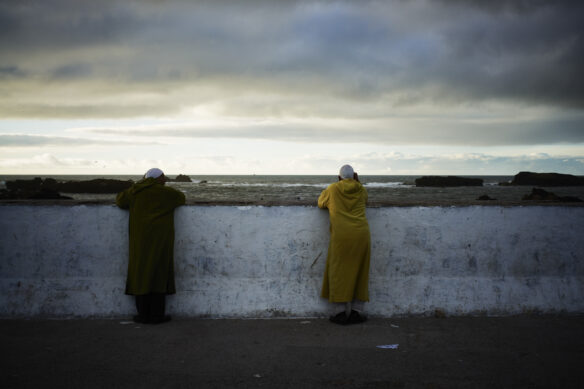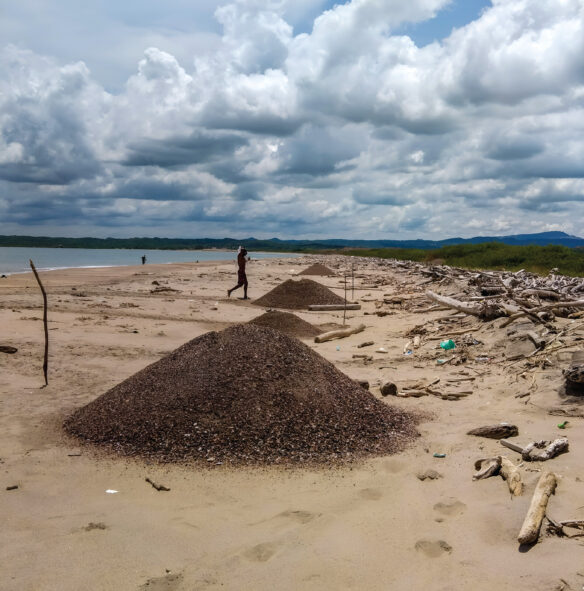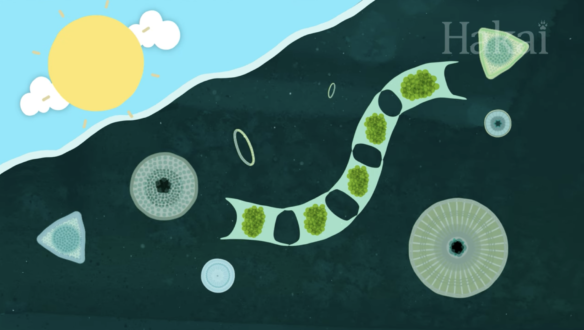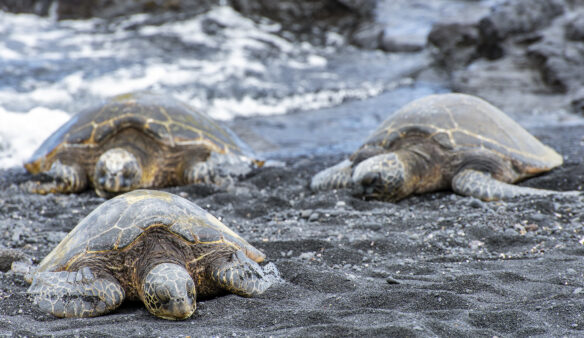Excerpt:
The ocean is massive and covers most of the surface of our planet. In addition to its size, it’s packed with life, ranging from an astounding diversity of plants, microbes, worms, corals and crabs to squids, whales and, yes, even fish…
The ocean is full of fish, so much so that they make up the second-largest amount of all carbon – the material that makes up living things – in the entire animal kingdom. They’re just behind the group containing insects and crustaceans.
Most people only interact with the ocean from a beach or in a boat, so it can be hard to wrap your head around how many fish there really are. But the ocean is swarming with them, from its surface to its depths.
These fish also come in all kinds of shapes and sizes, ranging from the tiny sardines, guppies and blennies that you might see on a coral reef to massive tunas and whale sharks that you might find out in the open ocean.
These fish perform all kinds of roles in their ecosystems that support the lives of other organisms around them. If they disappeared one day, the ocean would look very different..
Fish play important roles as both predators and prey in ocean ecosystems. Thousands of species throughout the ocean and terrestrial ecosystems rely on fish for food – including people.
In coral reef ecosystems, small fish are eaten by larger fish and other marine animals. This means the little fish form the base of the food web – they provide energy to the bigger fish and other creatures…

